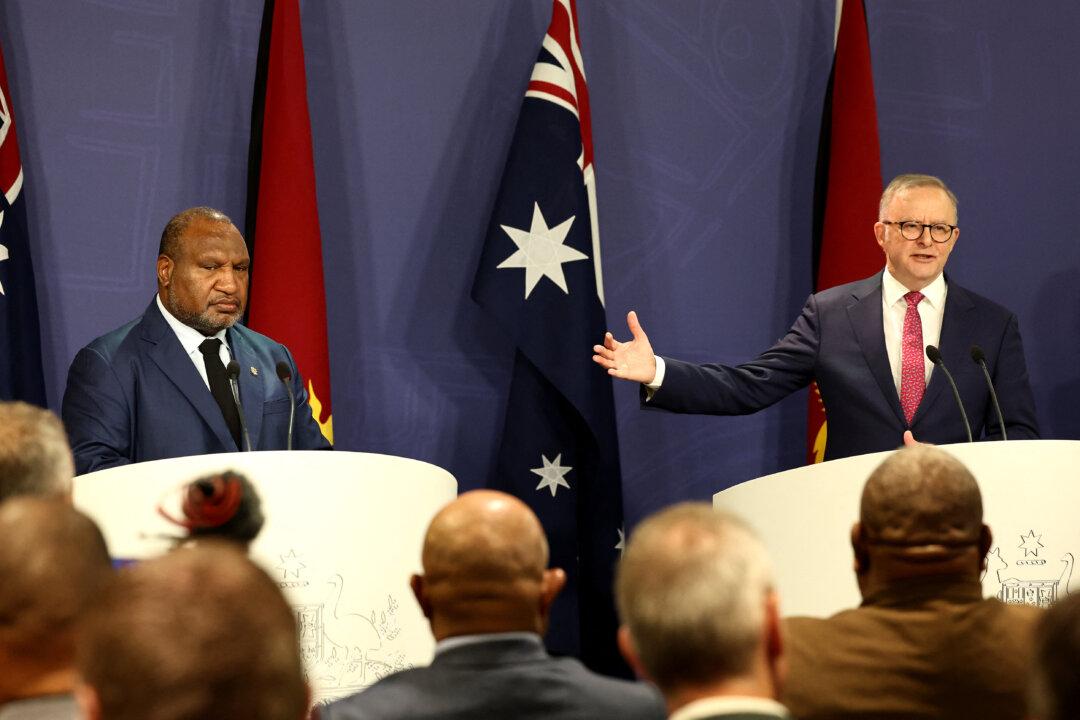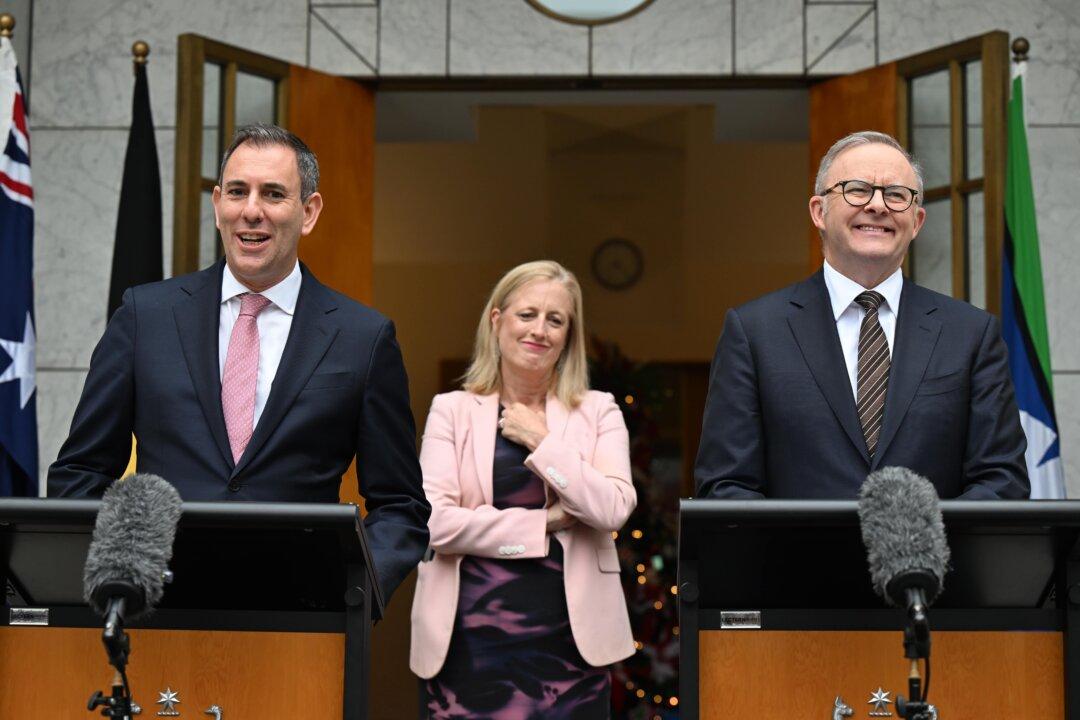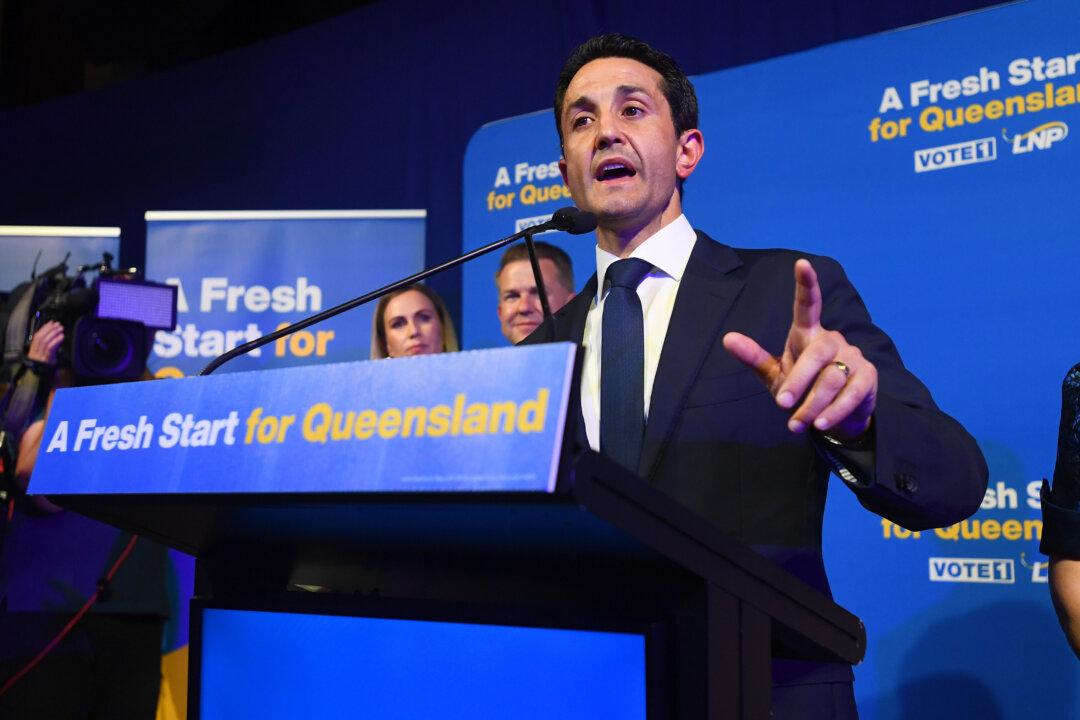Australian business groups have backed calls to introduce Magnitsky-style sanctions which would target individuals internationally who are involved in human rights abuses.
“This inquiry on targeted sanctions as a means to address human rights abuses is a worthwhile reminder that there are much bigger issues in the pursuit of profits,” Dianne Tipping, chair of the Export Council of Australia (ECA) said.
“The ECA holds the view that for businesses to be sustainable, it must not only consider profits but people and the planet as well. We believe our members and strategic partners generally share this view also,” she continued.
Tipping said the government would need to engage with industry to discuss possible retaliation and flow-on effects from a sanction, and how businesses could shield themselves more effectively.

The laws target individuals found to be involved in human rights abuses. Sanctions can include freezing the assets of officials, as well as banning official and family members from traveling into specific countries.
Louise McGrath, of the Australian Industry Group (AIG), which represents 60,000 businesses in the country, supported the introduction of Magnitsky-style legislation. But she noted that it would prove a challenge for business owners to discern if a company was owned, or partly owned, by a known human rights abuser.
“It is more complex when there are individual sanctions as opposed to the whole country,” McGrath, who heads industry development and policy at AIG, told the inquiry.
“It is difficult to determine ownership, particularly if, in this situation, there are nefarious actors. They have an interest in hiding their involvement, and I’m not sure an Australian small-medium enterprise would have the resources to really investigate,” she added.
McGrath said it was easier for companies to navigate sanctions when they were implemented against an entire country, rather than against an individual. She highlighted the need for the federal government to educate business owners and managers on the risks of engaging in certain jurisdictions.





